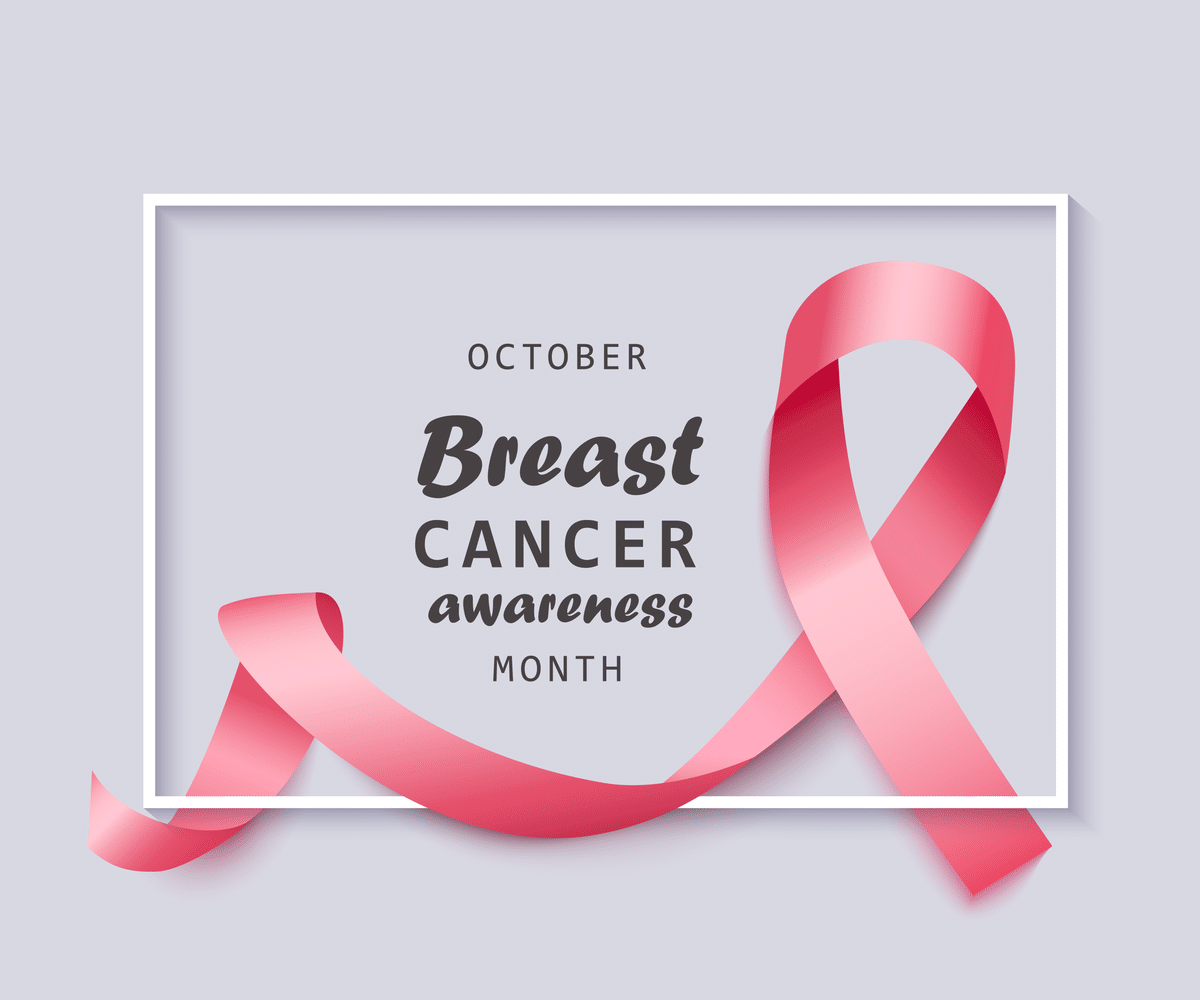Why Breast Cancer Awareness Month Is So Important
Breast cancer affects over 250,000 women annually and 42,000 women lose their lives to the disease. Every year, breast cancer charities use the month of October to educate women on the prevention, diagnosis and treatment of breast cancer.
October is Breast Cancer Awareness Month. This month is not just about wearing pink, it’s about learning what you can do to educate yourself, your friends and your family on the risks and signs of breast cancer. It is about providing support to those who have been diagnosed, treated or lost someone dear to them to the disease. We want to give you the resources to protect yourself and provide educational resources and support options.
Early Detection
Breast cancer is most commonly diagnosed in women over 50, but women of all ages can be affected by the disease. It is important to routinely check yourself and get checked by a health professional to detect any early signs and improve your chances of successful treatment.
Breast self-exams should be done once per month. To perform a self-exam, lie down flat on your back and raise your right arm. Using three fingers on your left hand, feel around your entire right breast and armpit area for lumps, knots or skin thickness. You can also perform this exam in the shower by raising your arm above your head. It is also recommended to check your breasts in the mirror to look for any outward signs such as dimpling or puckering of the skin.
While self-exams are beneficial, mammograms can detect breast abnormalities before they can be felt as a lump and are essential in early detection. Mammograms should be scheduled every year for women between 45 and 54 and every two years for women over 55. Women between 40-44 are also encouraged to do an annual exam, particularly if there is a history of breast cancer in your family.

Lowering Your Risk
While there is no sure way to prevent breast cancer, there are things you can do that might lower your risk. Here are three ways, according to the American Cancer Society:
- Keep Active: Moderate to vigorous activity level is linked with low breast cancer risk. Incorporate at least 150 to 300 minutes of moderate-intensity activity each week!
- Get to or Maintain a Healthy Weight: Weight gain as an adult is linked with a higher risk of breast cancer after menopause. Balance your food intake with physical activity to achieve or remain a healthy weight.
- Avoid or Limit Alcohol: Alcohol increases your risk of breast cancer. Even low levels of alcohol intake have been linked with an increase in risk.
Support for Breast Cancer Patients
While October is the time for education and prevention, it is also a time when charities and organizations can increase awareness for their support options for breast cancer patients and survivors.
Stewart’s Caring Place is an organization in our community that provides a caring, relaxed environment offering supportive services and programs for individuals and families on their cancer journey at no cost. These programs and services include lectures and workshops, a resource center, healing arts, community referrals, movement classes, counseling, attorney consults, children and family programs, support groups and wigs.
Stewart’s Caring Place has recently moved to Copley, Ohio and serves all counties in Ohio. Give them a call today at 330-836-1772 or visit their website at stewartscaringplace.org.
Get Involved
So how can you participate in Breast Cancer Awareness Month? Below we’ve listed a few ways you can get involved:
Schedule your mammogram appointment – It’s never too early or too late to start your annual exams. Schedule your check-up with AxessPointe by calling 888.975.9188 or go to axesspointe.org.
Remind friends and family – Reach out to your family and close friends to remind them to perform monthly breast self-exams.
Share resources – Visit the Facebook and Instagram pages for Stewart’s Caring Place, the National Breast Cancer Foundation or Susan G. Komen. Share their content and become an advocate.
Donate to a charity – Consider donating a monetary gift or your own time to their cause. From packing care kits to writing encouraging notes to patients and survivors, volunteers are always appreciated.
Share your own story – Social media is a powerful tool. Use the hashtags #breastcancer and #breastcancerawareness to connect with other patients, survivors, and families that have lost loved ones to breast cancer. Share your story and help others.
As the second most common cancer in women, breast cancer is an important topic to discuss. Spend this month educating yourself, taking preventative measures and supporting those you know who are fighting this disease.
Sources:
CDC
https://www.cdc.gov/cancer/dcpc/resources/features/breastcancerawareness/index.htm
National Breast Cancer Foundation
https://www.nationalbreastcancer.org/
American Cancer Society
https://www.cancer.org/


